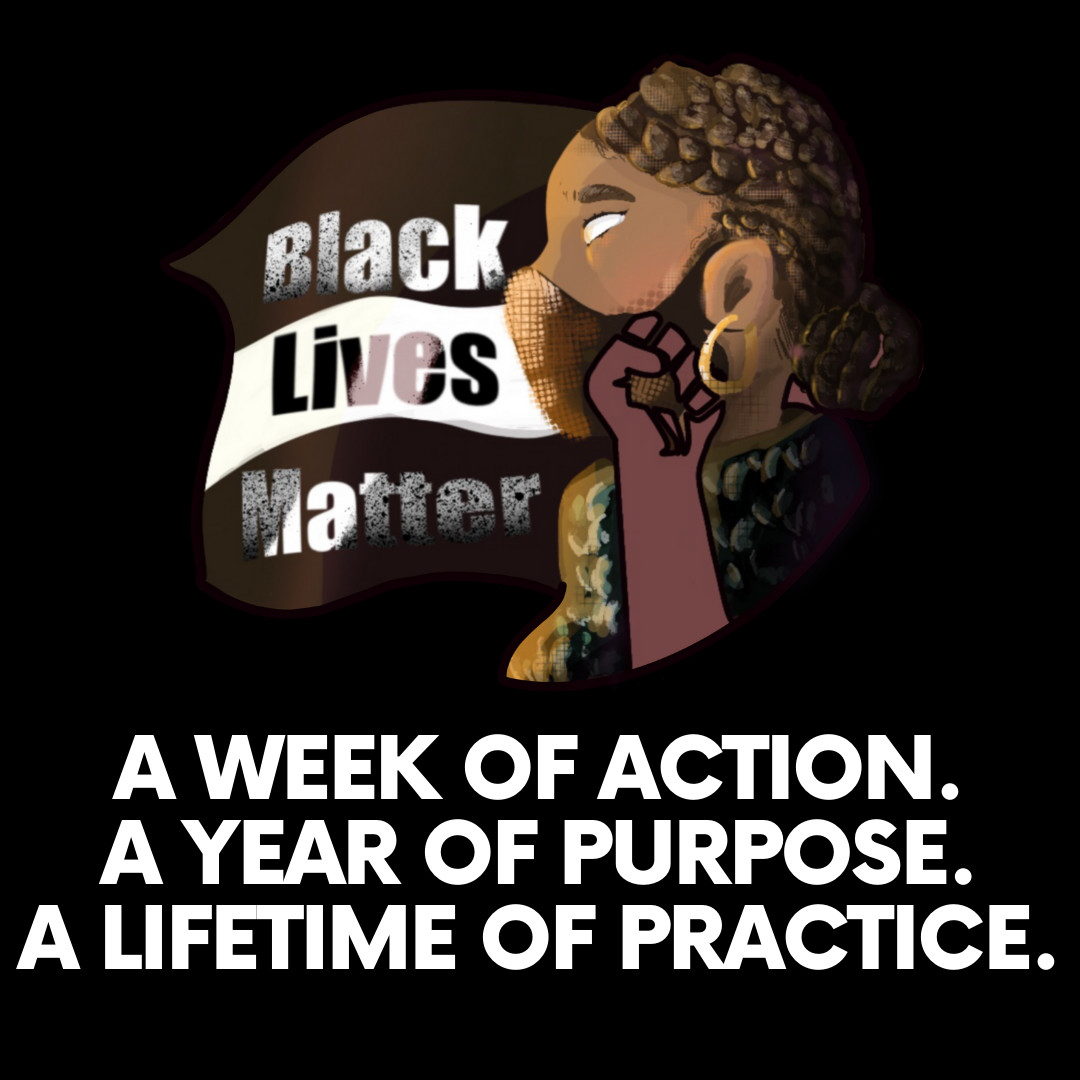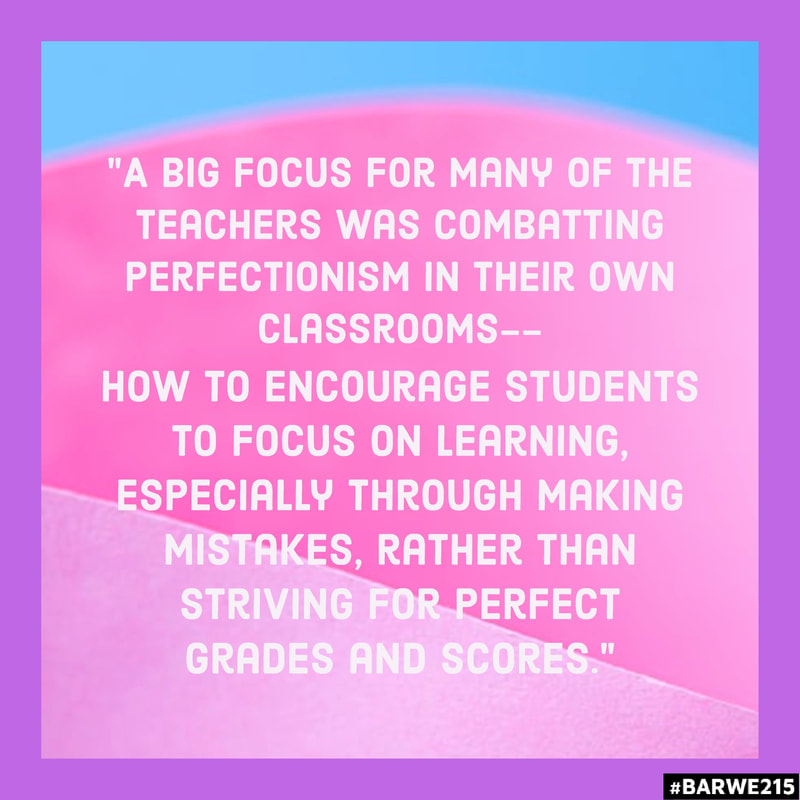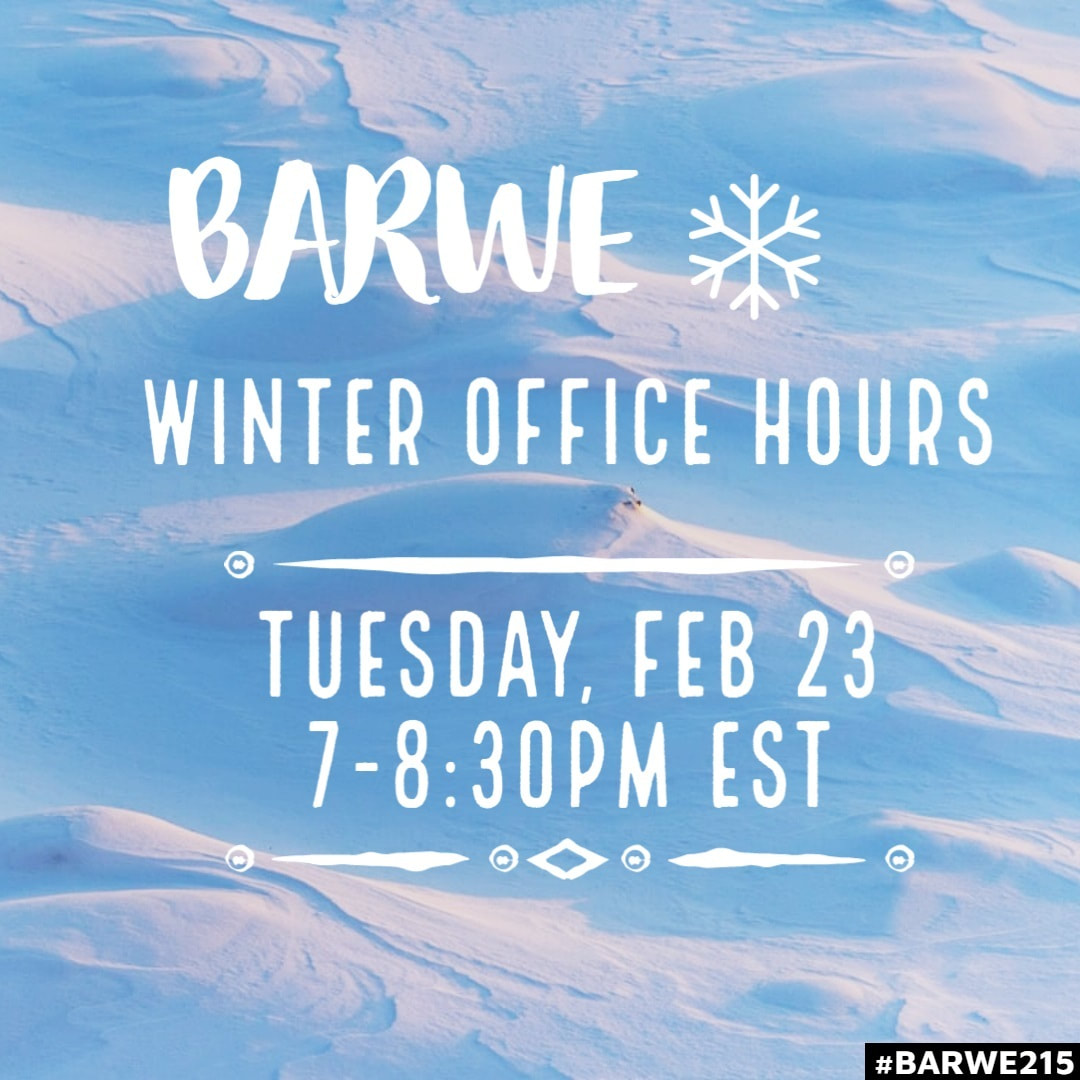- About Us
-
Inquiry Series
-
Current Year 23 - 24 School Year
>
- June: End of Year Reflection
- May: How do we support students of color navigating admissions processes?
- April: How do we support students and teachers when they face backlash for speaking out for racial justice?
- March: How can we find inspiration in white antiracists currently doing this work?
- February: How can we learn from white anti-racists of the past?
- January: How can you build solidarity across differences?
- December: How do we give ourselves space to process when we feel stuck/overwhelmed/enraged?
- November: How do we fight back against attacks on racial and gender justice education?
- October: Why is it important to understand both the history of CRT and what it has come to mean?
- September: How do we keep the focus on race as we engage in antiracist reflective practice?
- Previous Inquiry Series
- Inquiry Resources >
-
Current Year 23 - 24 School Year
>
-
Summer Events
- Writings
Remember also that February 1-5 is the National Black Lives Matter at School Week of Action. Please visit their website to see resources and events.
Overview:
This month, we move our focus from curriculum to classroom culture, and specifically social-emotional learning, discipline, and policing of students. In recent years, social-emotional learning, or SEL, has become widespread in educational settings as part of a move away from traditional punitive discipline practices. It is often thought of as healing, just, and responsive to student needs. However, SEL is not in itself an anti-racist practice, and implementation of SEL can reiterate white supremacy culture in many ways. We encourage you this month to take a closer look at social-emotional learning in order to investigate its connection with white supremacy and the biases it can perpetuate and reinforce. Our primary article, “When SEL is Used as Another Form of Policing,” is written by Cierra Kaler-Jones, an academic and fellow with the Communities for Just Schools Fund. She offers us the opportunity to interrogate the values and norms embedded in our application of SEL, and to begin to integrate SEL within an antiracist and culturally affirming framework so students can fully reap its healing rewards.
In our additional readings this month, we’ve grouped articles by topic in case you choose to focus on a different facet of Classroom or School Culture and Discipline.
Primary Article: When SEL is Used as Another Form of Policing by Cierra Kaler-Jones*
Guiding Questions:
Additional Readings:
If you feel one of these is better suited to your group, feel free to use as a primary. We have placed an asterisk next to readings with BIPOC authors.
More on SEL
General Classroom Culture and Community Building
School Police
Dress Code/School-wide Policies
Facilitation Reference Guide:
Feedback Form:
As we grow in year three, we hope that one person in your group can take a few minutes to fill out our feedback form to let us know how it went.
Below is a takeaway from a previous meeting:
This month, we move our focus from curriculum to classroom culture, and specifically social-emotional learning, discipline, and policing of students. In recent years, social-emotional learning, or SEL, has become widespread in educational settings as part of a move away from traditional punitive discipline practices. It is often thought of as healing, just, and responsive to student needs. However, SEL is not in itself an anti-racist practice, and implementation of SEL can reiterate white supremacy culture in many ways. We encourage you this month to take a closer look at social-emotional learning in order to investigate its connection with white supremacy and the biases it can perpetuate and reinforce. Our primary article, “When SEL is Used as Another Form of Policing,” is written by Cierra Kaler-Jones, an academic and fellow with the Communities for Just Schools Fund. She offers us the opportunity to interrogate the values and norms embedded in our application of SEL, and to begin to integrate SEL within an antiracist and culturally affirming framework so students can fully reap its healing rewards.
In our additional readings this month, we’ve grouped articles by topic in case you choose to focus on a different facet of Classroom or School Culture and Discipline.
Primary Article: When SEL is Used as Another Form of Policing by Cierra Kaler-Jones*
Guiding Questions:
- What is your reaction to the idea that SEL can be a form of policing? Discuss and unpack these reactions: where do you think they stem from?
- The author uses the example of hair braiding as a way of students comforting each other (with consent). What student-led healing practices have you seen in your own school or context?
- Where do you see the tenets of white supremacy culture showing up specifically in SEL practice at your school?
- Often SEL focuses on ways to not express anger, but Audre Lorde’s quote in the article reminds us that righteous anger is valid and useful. How can teachers hold space for rage in a way that affirms and encourages their students (and does not add to the trauma of other students)?
- Kaler-Jones says, “We must not lose the importance of co-constructing spaces with young people to lean into creative expression and joy.” What does joy and creative expression look like in your setting? What are the current barriers to you co-constructing these spaces with students and what are some steps you can take to overcome them? We encourage your group to share what joy and creative expression look like in your context on our Slack and social media pages!
Additional Readings:
If you feel one of these is better suited to your group, feel free to use as a primary. We have placed an asterisk next to readings with BIPOC authors.
More on SEL
- “Why We Can't Afford Whitewashed Social-Emotional Learning”*
General Classroom Culture and Community Building
- “The Future of Healing: Shifting from Trauma Informed Care to Healing Centered Engagement”*
- “What Happened When My School Started to Dismantle White Supremacy Culture”*
- “Forging Partnerships With Our School Communities”*
School Police
- “What Would a World Without Cops Look Like?”
- “Why There’s a Push to Get Police Out of Schools”
- “We Need to Talk About an Injustice”*
Dress Code/School-wide Policies
- “Controlling the Student Body”
- "Time to Take A Look At Your Dress Code"
- "Redesigning for an Anti-Racist Classroom Series: #2 Discipline Policy"
- “Capture the Opportunity: Steps to Redesign School-Level Structures for Equity”*
Facilitation Reference Guide:
- Set a day and time for your group to meet - Make sure to send reminders.
- Send this month’s Primary Article to your group. Look through the additional readings to see if there is another reading that might be better suited to your group and its interests.
- Prepare yourself to facilitate by reading through our Norms and Discussion Protocol.
- Pass the Hat and collect donations for Communities for Just Schools Fund this month.
- Complete the Feedback Form.
- Prepare yourself for March by setting a date and time, inviting colleagues, and looking out for our next Discussion Guide on March 1st.
Feedback Form:
As we grow in year three, we hope that one person in your group can take a few minutes to fill out our feedback form to let us know how it went.
Below is a takeaway from a previous meeting:
Thank you all for your feedback so far, please keep it coming!
Pass The Hat:
In addition to being accountable to our colleagues and students of color, we believe it is important to be financially accountable to people of color who are doing this work on a daily basis. Each month, we will recommend an organization led by people of color, in education and beyond, doing the work of pushing for justice.
At the end of each monthly discussion, pass a hat (or a box) and collect donations for the designated organization. You can then have one group member go online and donate in the name of your school. If you want, you can add “Building Anti-Racist White Educators” after your school name.
This month, we encourage you to donate to the Communities for Just Schools Fund. Cierra Kaler-Jones, the author of our primary article this month, is a fellow at CJSF, “a national donor collaborative [that] brings together the resources of philanthropy with the power of grassroots organizing to ensure that all schools welcome students and nurture their full potential. In keeping with our strategic plan, we begin by listening in order to understand what students and families need to succeed.”
Winter Office Hours:
Are you starting to feel the midyear doldrums? Winter blues leading to lower turn out at BARWE meetings in your context? Generally looking to sustain and build momentum at this mid-year point? Then join us at the BARWE Winter Office Hours on zoom. This is a place to connect, problem solve, and share with BARWE users from across the country. There will be differentiated break out rooms based on what you’re looking for. Register for this event here.
Pass The Hat:
In addition to being accountable to our colleagues and students of color, we believe it is important to be financially accountable to people of color who are doing this work on a daily basis. Each month, we will recommend an organization led by people of color, in education and beyond, doing the work of pushing for justice.
At the end of each monthly discussion, pass a hat (or a box) and collect donations for the designated organization. You can then have one group member go online and donate in the name of your school. If you want, you can add “Building Anti-Racist White Educators” after your school name.
This month, we encourage you to donate to the Communities for Just Schools Fund. Cierra Kaler-Jones, the author of our primary article this month, is a fellow at CJSF, “a national donor collaborative [that] brings together the resources of philanthropy with the power of grassroots organizing to ensure that all schools welcome students and nurture their full potential. In keeping with our strategic plan, we begin by listening in order to understand what students and families need to succeed.”
Winter Office Hours:
Are you starting to feel the midyear doldrums? Winter blues leading to lower turn out at BARWE meetings in your context? Generally looking to sustain and build momentum at this mid-year point? Then join us at the BARWE Winter Office Hours on zoom. This is a place to connect, problem solve, and share with BARWE users from across the country. There will be differentiated break out rooms based on what you’re looking for. Register for this event here.


